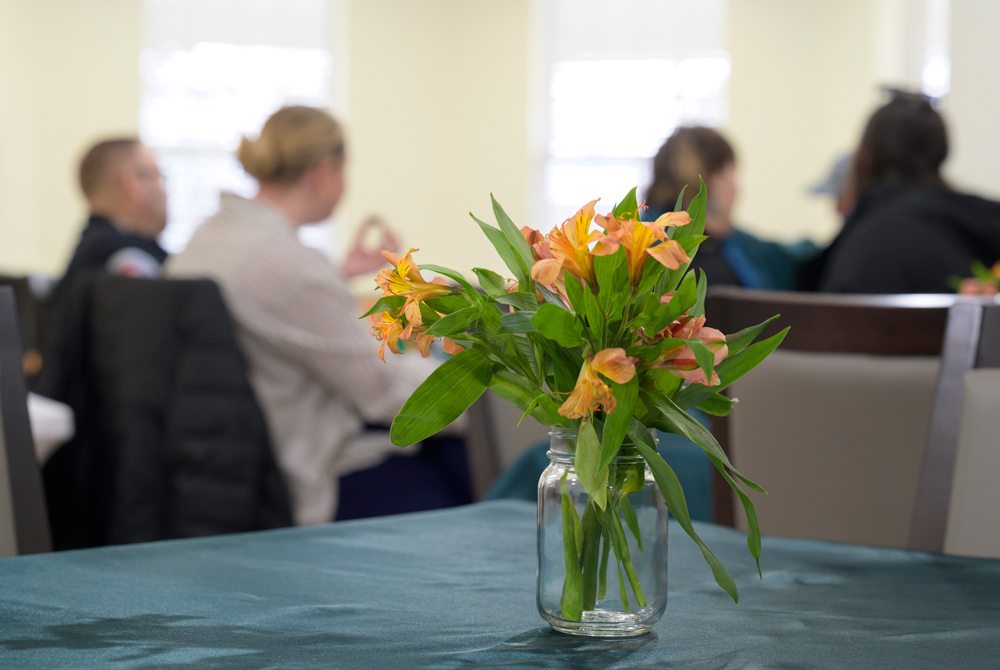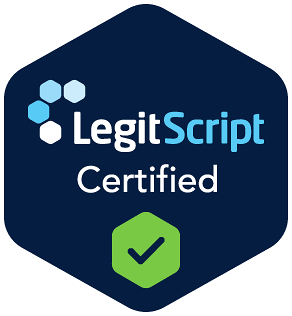Holistic therapy is often a misunderstood application, especially when discussed as a treatment for alcohol use disorder (AUD) and substance use disorder (SUD). Holistic therapy as a medical application is defined by the Oxford Dictionary as “an approach to patient care in which the physiological, psychological, and social factors of the patient’s condition are taken into account, rather than just the diagnosed disease.” The term “holistic” dates back to the 1920s.
Where some controversy lies regarding holistic therapies for treating addiction may be in the aspect of absolutes: using all holistic methods may work for one person, but not at all for another. Conversely, one person may require medically managed detoxification and rehabilitation depending on the level of dependence, the substance, and other contributing factors. Someone else may find alternative techniques helpful while in recovery to not be reliant on additional medication.
How a Holistic Approach May Help
SUD and AUD don’t happen in isolation—and no one ever intends to become addicted. Numerous risk factors, co-occurring disorders, and other aspects contribute to the development of this brain disease. Cleansing the body and mind through detoxification is only one step in the process, but individualized treatment must include an examination of the whole self, unifying all components for effective recovery. Holistic methods are tools for recovery success that evolve as you do.
In many treatment plans, holistic therapy is implemented only after detoxification and stabilization. Then, you might be introduced to various complementary wellness options as a way to help you more effectively manage various recovery lifestyle aspects, including, but not limited to:
- Creating a plan for overall wellness, including diet and exercise
- Achieving better sleep
- Handling stress and negative thoughts
- Coping with cravings
- Not being as reactionary to triggers
- Dealing with mild or situational depression or anxiety
- Being more accepting of body and self
This is why holistic methods are frequently part of the continuum of care at quality rehabilitation facilities like Northern Path Recovery Center: they provide various avenues for you to explore and care for your entire being, not just a condition. In the addiction science community, an evidence-based, holistic philosophy is dedicated to treating a person’s emotional, mental, physical, and spiritual health. This foundation enables you to move beyond the complications of AUD or SUD and into a life of whole wellness.
Examples of Holistic Opportunities
A critical factor in holistic therapy is that you’re just as responsible for your well-being as the practitioner. This is no different than addiction treatment, and perhaps a reason why certain alternative approaches work better for some people than others.
Initially, allow yourself to focus on holistic self-care methods that are totally within your control. It shouldn’t be a surprise that many of the wellness techniques you learned during rehab, such as maintaining a whole-foods diet, regular exercise, and a focus on better rest, are all crucial to self-care.
Here are just a few therapies often used in rehabilitation programs and recommended in continuing care plans:
- Acupuncture
- Aromatherapy
- Biofeedback
- Creative arts therapy
- Herbal therapy
- Homeopathy
- Hypnosis
- Massage and other bodywork
- Meditation, mindfulness, and spirituality
- Progressive muscle relaxation
- Qigong
- Yoga
Being open to trying new techniques is the key to success with holistic therapies. Not everything will be of benefit, but a few techniques will certainly resonate with you, and that’s all that matters. You don’t have to buy a lot of shady products online to be holistic, either. But you might find the scientifically supported methods referenced above, whether in the short term or throughout your life.
Now, there are some important considerations to remember when choosing a holistic professional:
- Whether it’s an acupuncturist, chiropractor, massage therapist, naturopath, yoga teacher, or some other type of holistic treatment provider, always check their credentials. Also review their training, hospital affiliations, and professional organizations, and get recommendations from trusted sources.
- Find someone who understands SUD and AUD, and works to support what you’ve already accomplished.
- Remember, this is whole-person treatment. Alternative therapists should examine the big picture, including your contributing medical conditions, diet, emotional state, exercise routine, sleep habits, and other factors. Make sure to align with a professional who comprehends that you’re not just a disease.
The Whole-Person Care Approach of Northern Path
At Northern Path Recovery Center in Fort Wayne, IN, we recognize substance use disorder and alcohol use disorder as chronic, relapsing brain diseases that affect behavior and decision-making. However, despite the challenges it presents, addiction is treatable, manageable, and recovery is achievable with the right balance of evidence-based treatment and complementary holistic therapies. Our primary goal is to address the root causes of addiction while promoting overall well-being through tailored care. Talk with one of our admissions specialists to learn more.








